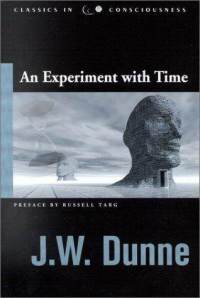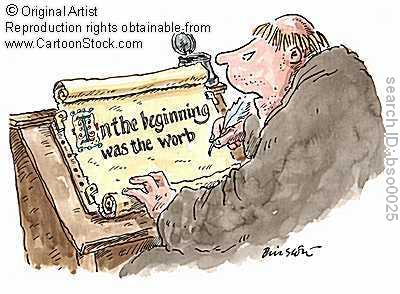
I believe the Bible is true. I believe the Bible is inerrant.
I found the following statement in my seminary class notes, and I agree with it 100%
The Bible is a record of things as they actually were, and a true account of those things about which it speaks.
Yet while I agree with this statement, I probably do not agree with how many pastors and theologians understand that statement.
What do I mean?
Well, I believe that even if all the stories of the Bible were false, the Bible itself could still be true. In other words, even if all the facts were wrong, the Bible could be a true and accurate account of those things about which it speaks.
How can I say this?




 Yesterday, I asked
Yesterday, I asked 











 I was listening to Talk Radio the other day, and an advertisement came on by Rush Limbaugh in which he said he is always right. He said something like this: “I, Rush Limbaugh, the all-seeing one, the all-knowing, the omnipotent, the omnipresent, the omnivorous…”
I was listening to Talk Radio the other day, and an advertisement came on by Rush Limbaugh in which he said he is always right. He said something like this: “I, Rush Limbaugh, the all-seeing one, the all-knowing, the omnipotent, the omnipresent, the omnivorous…”
 I am going to end the series on Inspiration (for now), and move on to the issues of canonicity, inerrancy, and authority of Scripture. If that sounds boring, don’t worry, I’ll spice it up for you.
I am going to end the series on Inspiration (for now), and move on to the issues of canonicity, inerrancy, and authority of Scripture. If that sounds boring, don’t worry, I’ll spice it up for you.